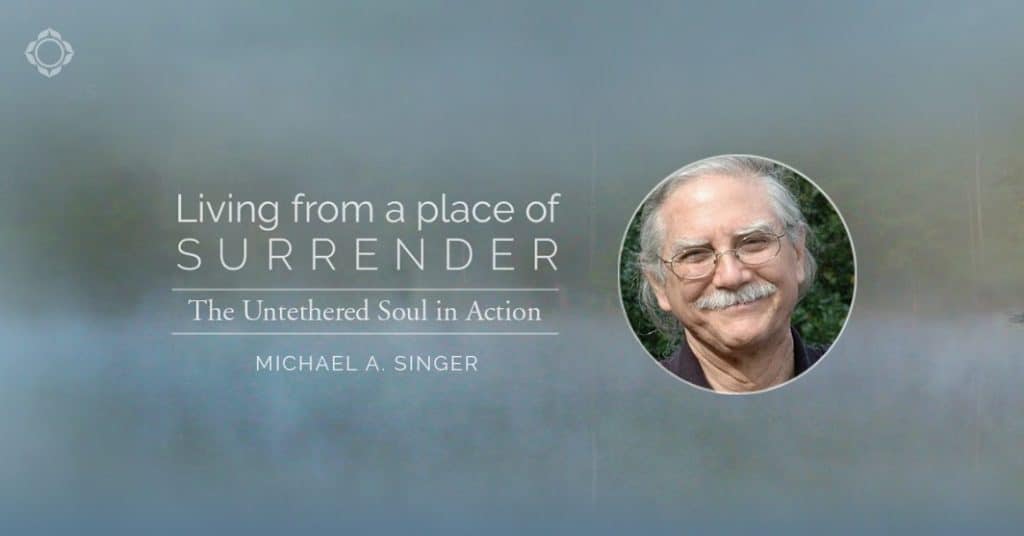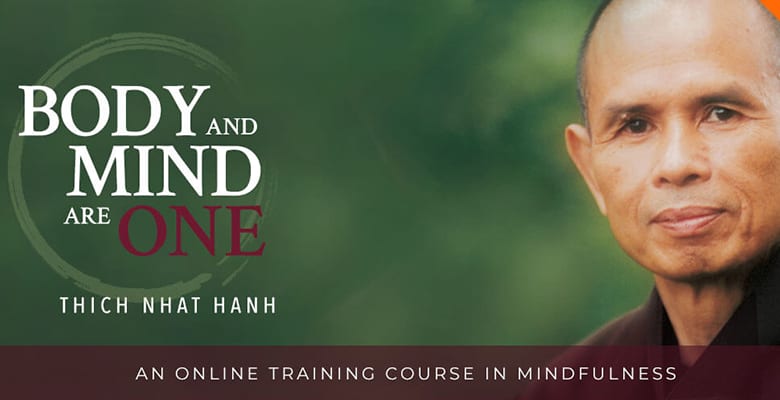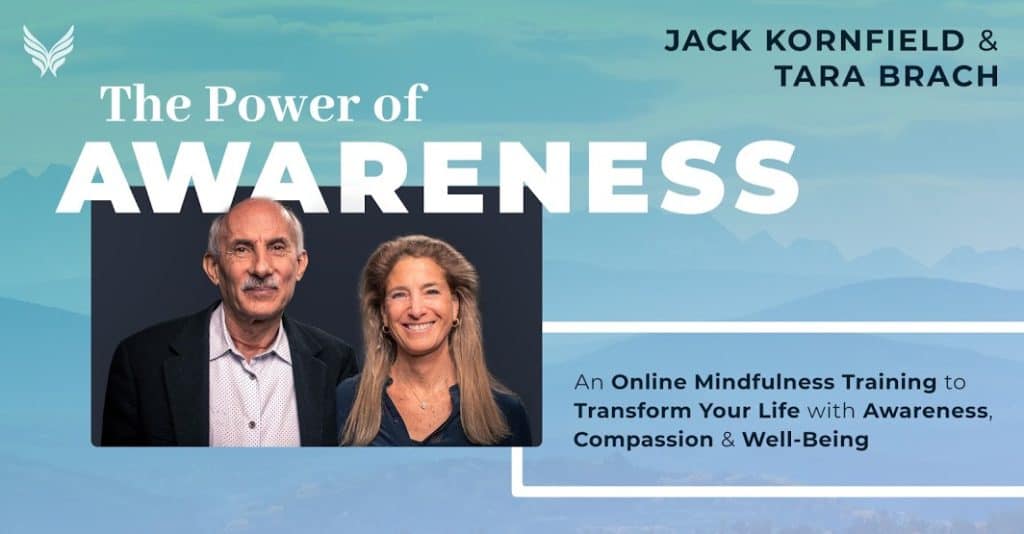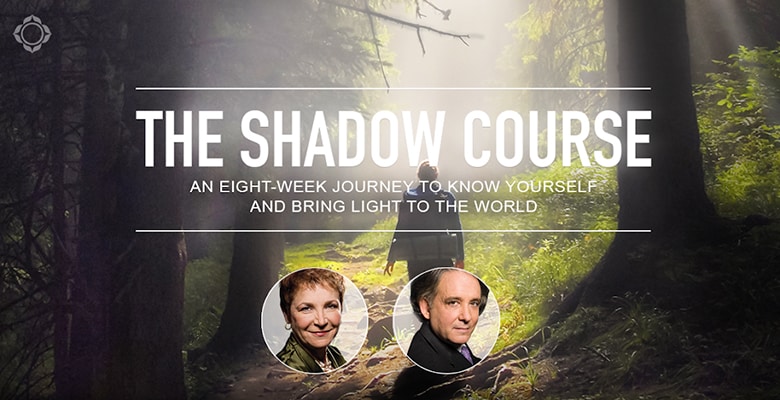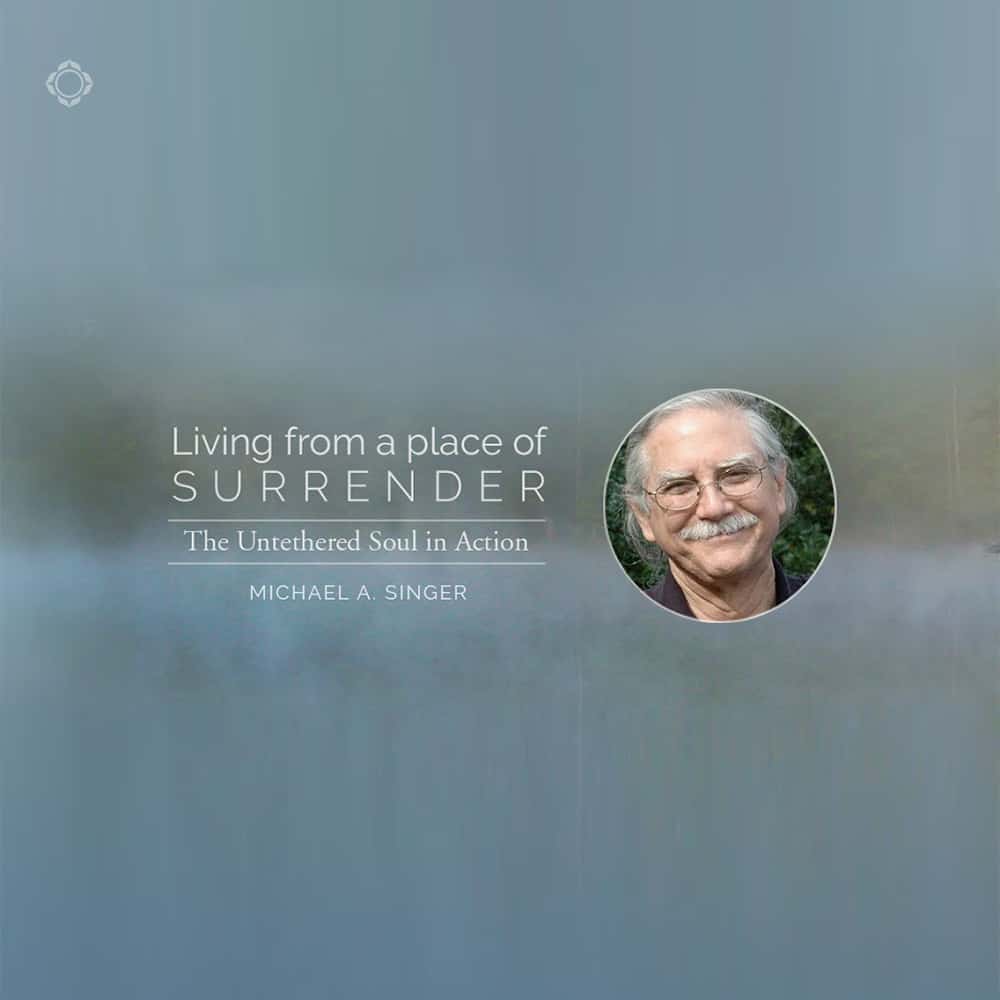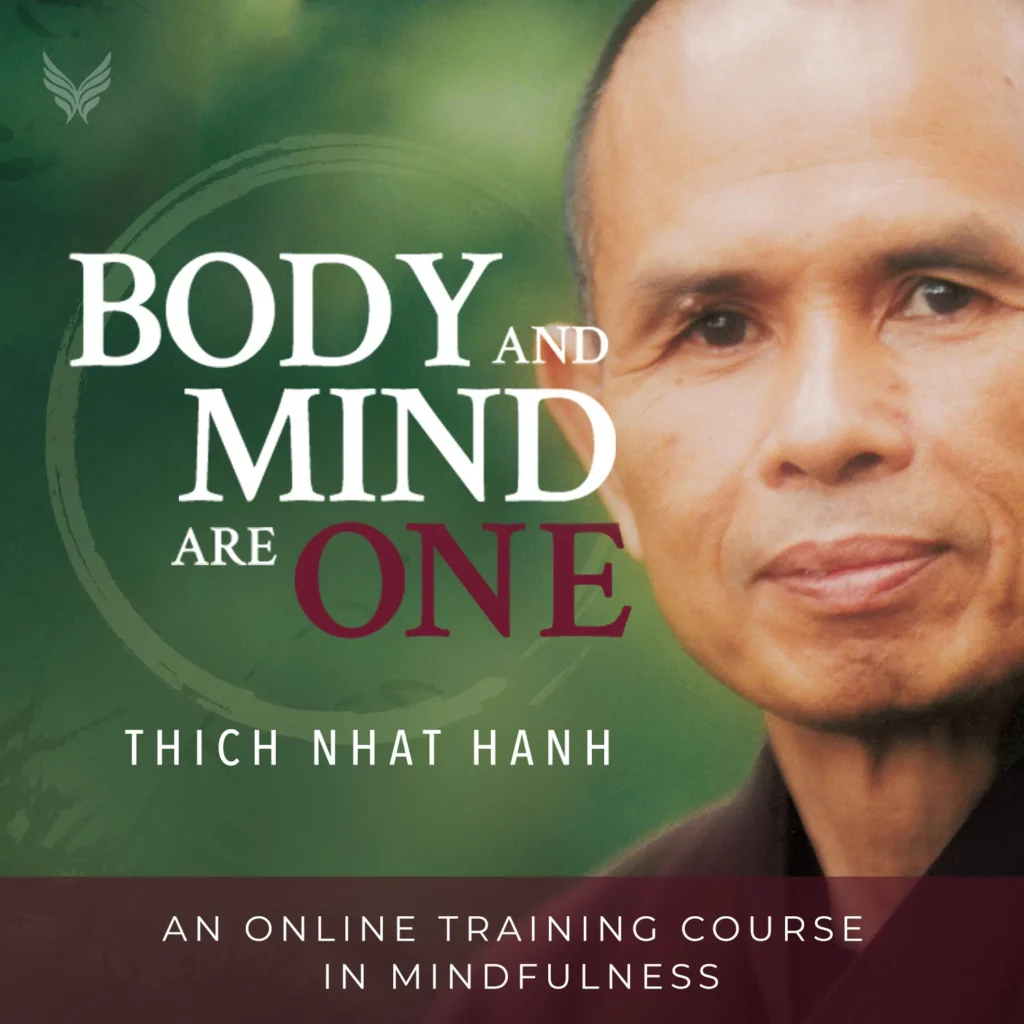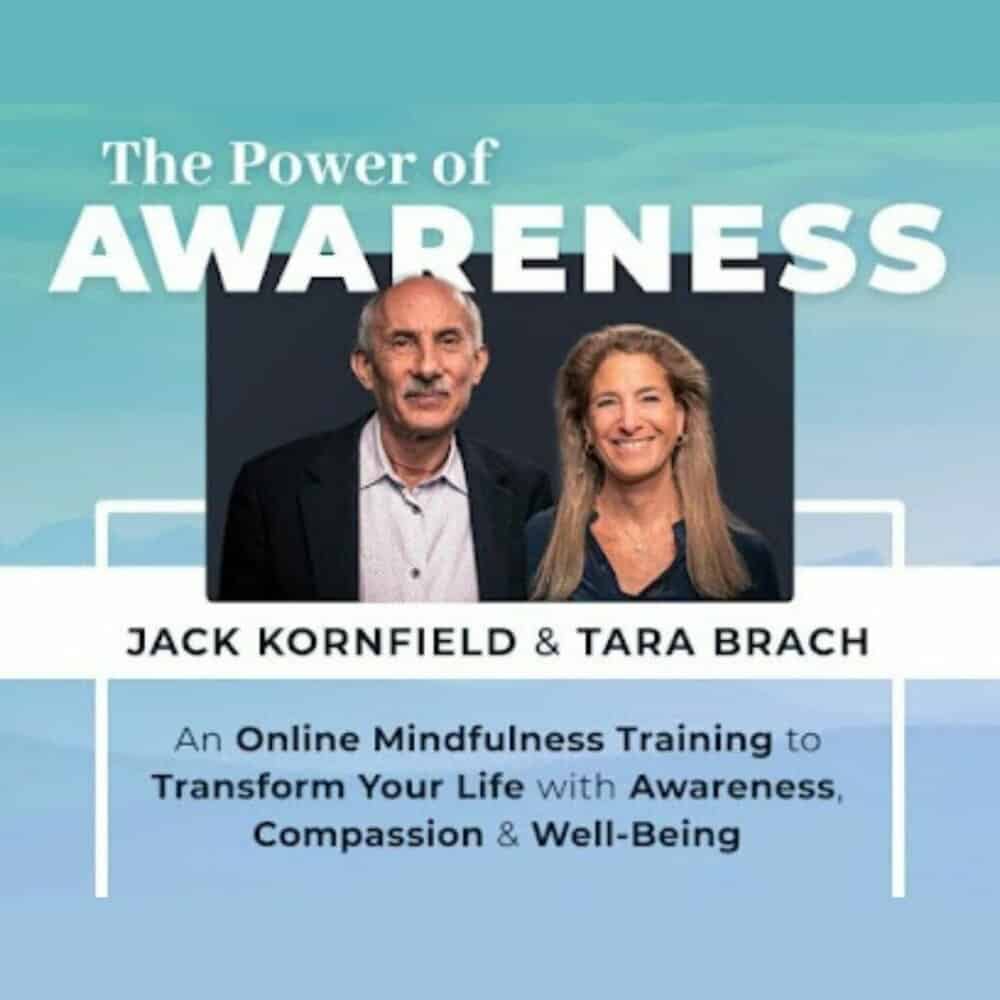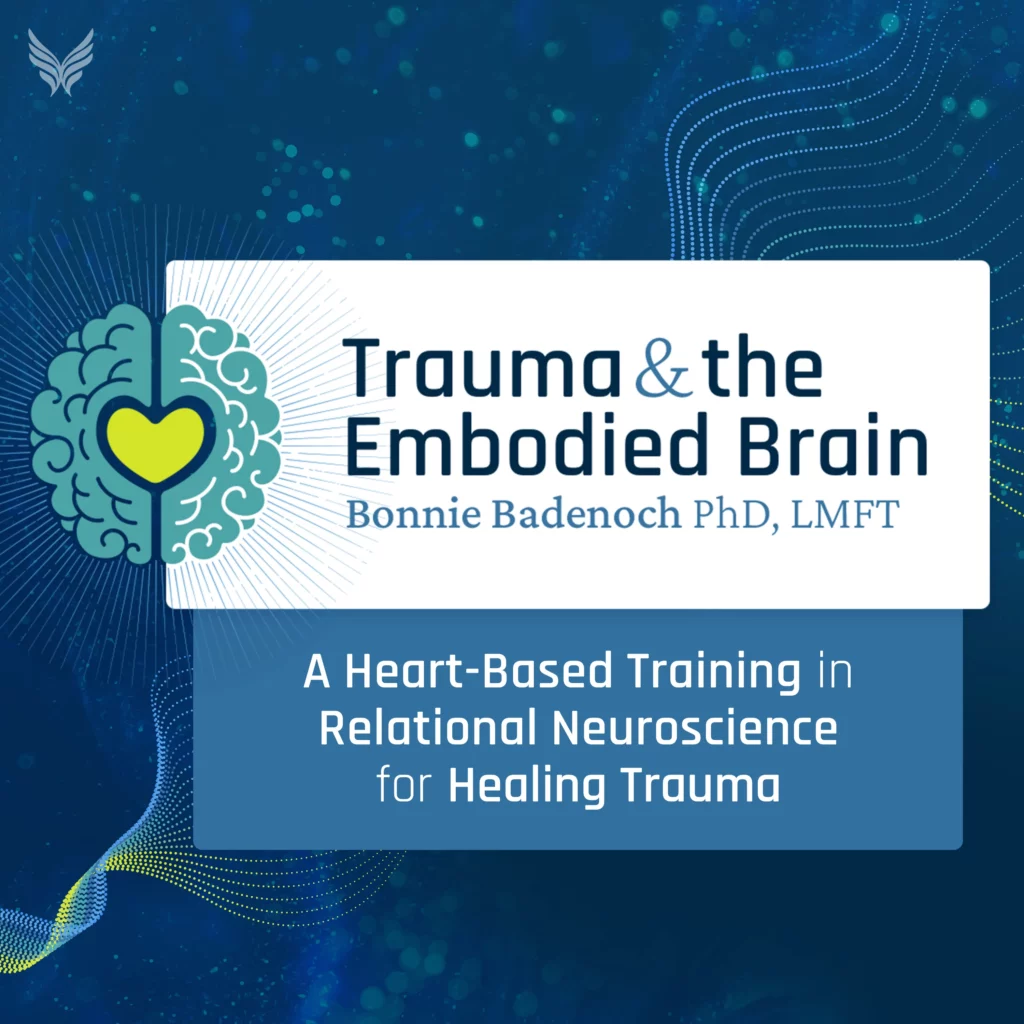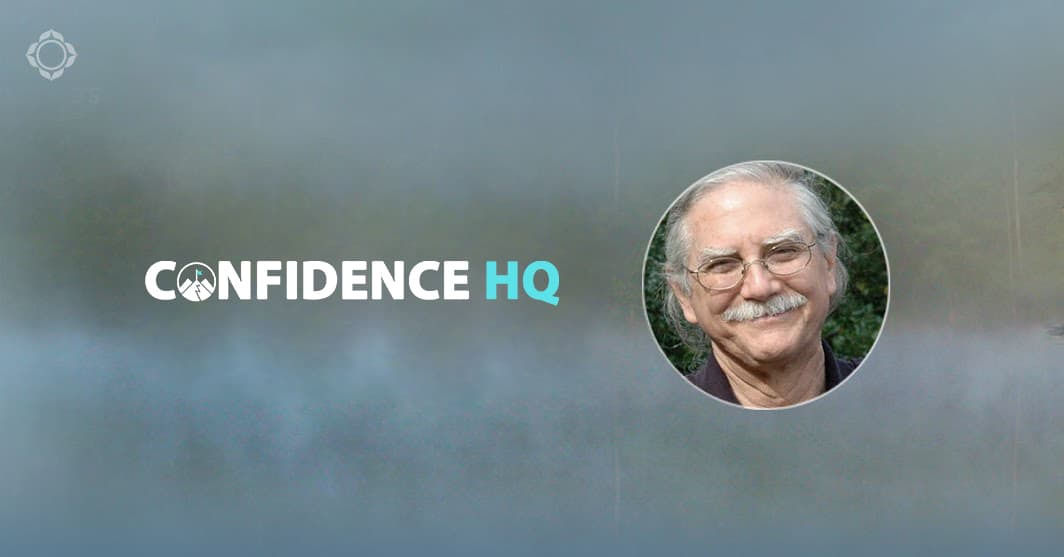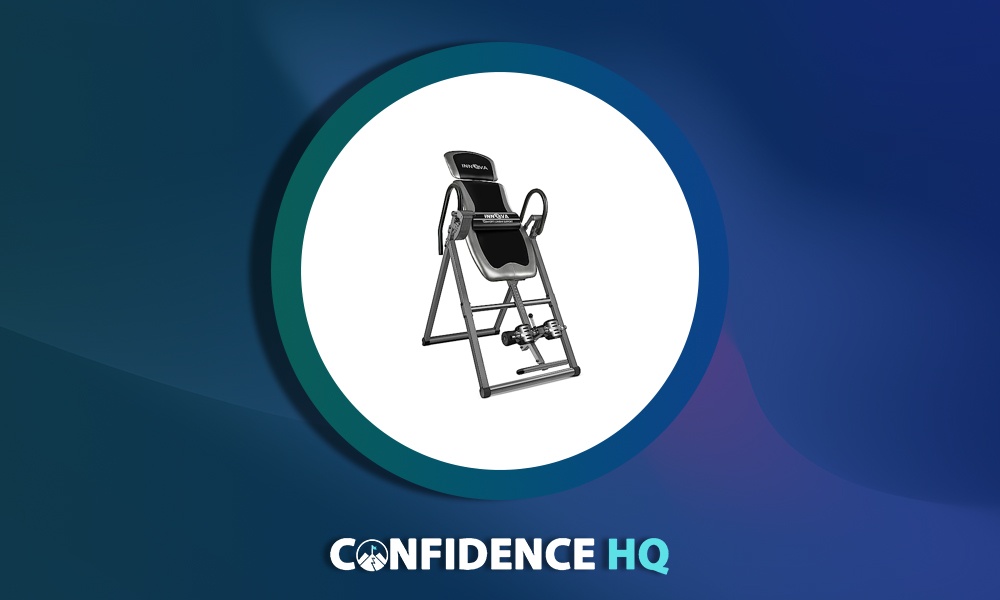Meditation is a hot topic. Everyone from Oprah to Goop tells us we should be doing it, but what is meditation?
Is meditation just new-age nonsense, or is there something to it?
Let’s take a look at the science of meditation to find out.
Table of Contents
Is Meditation Just a Placebo?
Let’s first define placebos to make sure we’re all on the same page.
According to the Cambridge dictionary, a placebo is:
“a substance given to someone who is told that it is a particular medicine, either to make that person feel as if they are getting better or to compare the effect of the particular medicine when given to others”
When people speak of a placebo, they’re often referring to the “placebo effect” which, according to the Merriam-webster dictionary is:
“improvement in the condition of a patient that occurs in response to treatment but cannot be considered due to the specific treatment used”
So when people are asking whether or not meditation is a placebo, they want to know whether the benefits of meditation come from the practice itself or simply from the belief that practicing meditation is going to yield said benefits.
According to recent research, practicing mindfulness meditation lessens pain more effectively than a placebo.
To establish if mindfulness meditation is simply a placebo effect, the study used two methods: pain ratings and brain imaging.
Seventy-five healthy, pain-free participants were randomly assigned to one of four groups: mindfulness meditation, placebo meditation (“sham” meditation), placebo analgesic cream (petroleum jelly) or control

Using a thermal probe, a small area of the participants’ skin was heated to 49 degrees Centigrade (120.2 ° Fahrenheit), which is a very painful level of heat for most folks.
The people in the study then rated how much pain they were feeling and how bad the pain was (emotional response). Before and after their four-day group interventions, the subjects’ brains were scanned.
The people in the mindfulness meditation group said their pain was 27 percent less intense and their emotional pain was 44 percent less.
On the other hand, the placebo cream cut the physical feeling of pain by 11% and the emotional feeling of pain by 13%.
“The MRI scans showed for the first time that mindfulness meditation caused brain activity patterns that were different from those caused by the placebo cream.
Mindfulness meditation helped reduce pain by turning on parts of the brain that are involved in self-control of pain. The placebo cream helped reduce pain by turning off parts of the brain that process pain.
The thalamus, another part of the brain, was turned off during mindfulness meditation, but it was turned on in all the other conditions.
This part of the brain acts as a gate that lets sensory information into higher brain centers. By turning off this part of the brain, mindfulness meditation may have made pain signals fade away.
This is the first study to show that mindfulness meditation works in a different way than placebo. It also shows that mindfulness meditation relieves pain more than placebo cream or sham meditation.
So in short, meditation is not a placebo!
Is Meditation Overrated?

It’s hard to provide a universal answer to the question “is meditation overrated” as it depends on so many different factors, such as:
- The meditation practice itself
- Your own involvement in the practice
- Your own definition of “overrated”
- etc.
However, taking my own experience, the experiences of the people around me, and the vast amounts of feedback on the topic on forums such as Quora and Reddit into account, it can be said that meditation is definitely not overrated.
In fact, it is probably more underrated. People who practice meditation on a daily basis report benefits such as:
- Better sleep
- Better concentration
- Improved memory
- Emotional balance.
- Better mood
- A feeling of freedom
- Better communication skills
- etc.
From what I’ve seen, the overwhelming majority of people who practice meditation can only speak of the numerous benefits. Therefore, it’s hard to say that meditation is overrated.
The Philosophy Of Meditation
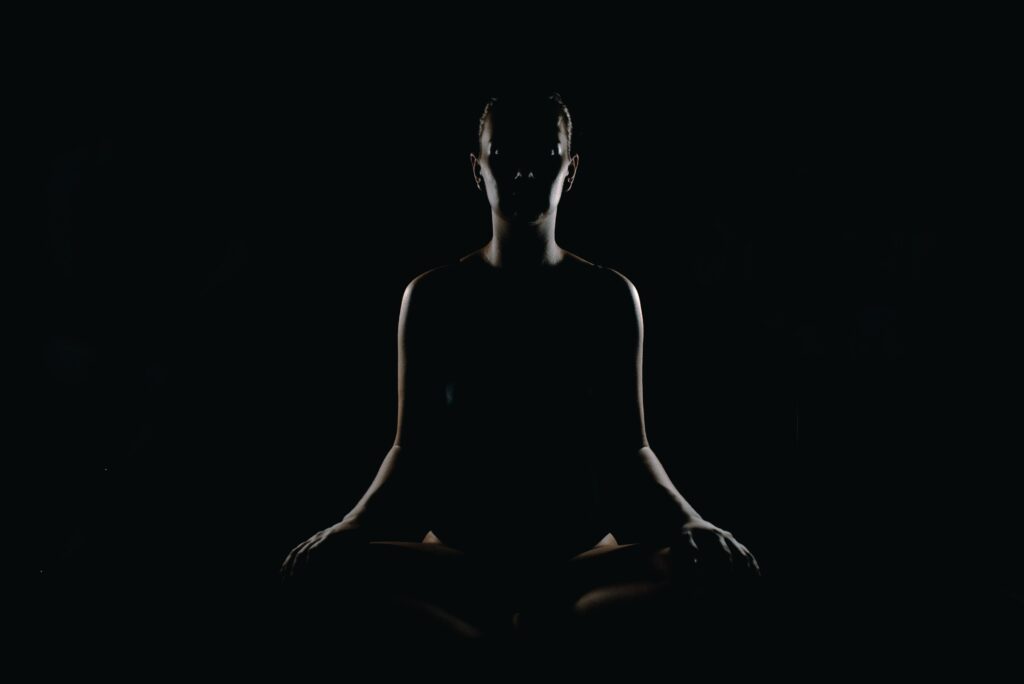
The most interesting thing about our minds is that we don’t know much about them.
Even though we “live in ourselves”, we rarely understand more than a small part of who we are. It can be easier to understand how things work on another planet than it can be to understand how our own brains work.
Therefore, meditation practitioners say that we should sit in a certain way and try to clear our minds of the usual mix of thoughts and feelings.
In order to find peace and freedom, we should stop what the Buddhists call our “monkey minds” from running around.
With our normal internal chatter stilled, we can become more aware of things that are usually on the periphery of our perception.
For example, we might hear the rustling of the leaves for the first time, feel the weight of our hands on our lap, see a shadow on the wall across from us, and feel the air moving through our bodies.
The idea behind this approach is that our worries and excitements aren’t trying to tell us anything very important.
People think that most of the time, we worry about things that don’t matter and do so in a frantic, pointless way.
Meditation is a way to get rid of our strong egoistic emotions instead of giving in to them.
Is Meditation Backed By Science?
Although the topic has quite a presence in the scientific literature, we still have a lot to learn about mindfulness and meditation.
That being said, there are some definitive science-backed facts about meditation.
For example:
- There’s a good chance that meditation can help you focus.
- There is evidence that long-term, regular meditation increases stress resistance.
- It certainly seems that compassion grows after meditation. It also increases the impact of our compassion.
- Although it’s not always more beneficial than other measures you might take, meditation does appear to improve mental health.
- Your relationships might benefit if you practice mindfulness.
- Multiple biases appear to be diminished by mindfulness.
- There is a small but noticeable effect of meditation on physical health.
- Not everyone can benefit from meditation all the time.
Online Meditation & Mindfulness courses
Click here to find some of the best Meditation Mindfulness courses:
Conclusion
So to conclude, meditation can hardly be called “nonsense” or “overrated”.
As we explored there are a ton of science-backed benefits that can be attributed to meditation.
Besides that, the overall consensus on online forums such as Quora and Reddit seems to be that meditation could be better defined as “underrated” than “overrated”.
Let me know what you think about meditation in the comments below!
References
- Wake Forest Baptist Medical Center. (2015, November 10). Mindfulness meditation trumps placebo in pain reduction. ScienceDaily. Retrieved September 29, 2022 from www.sciencedaily.com/releases/2015/11/151110171600.htm
- Placebo. Retrieved September 29, 2022 from https://dictionary.cambridge.org/dictionary/english/placebo
- Placebo effect. Retrieved September 29, 2022 from https://www.merriam-webster.com/dictionary/placebo%20effect#:~:text=Definition%20of%20placebo%20effect,to%20the%20specific%20treatment%20used
- 10 Things We Know About the Science of Meditation. (NOVEMBER 12, 2018). Retrieved September 29, 2022 from https://www.mindful.org/10-things-we-know-about-the-science-of-meditation/

